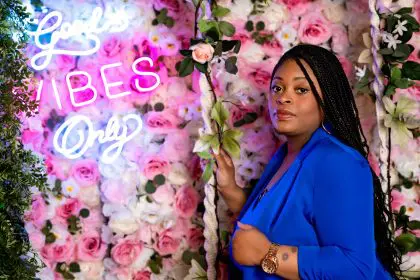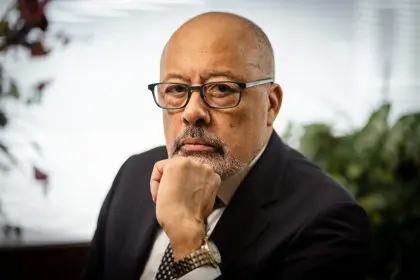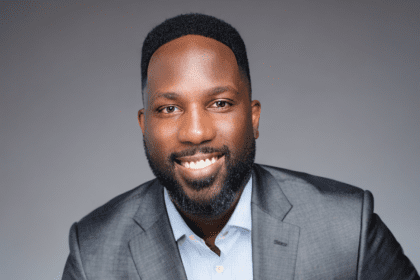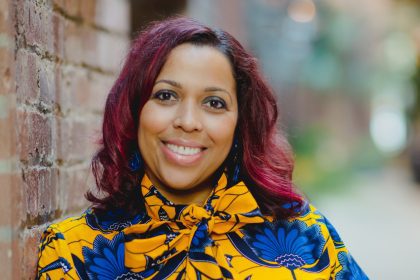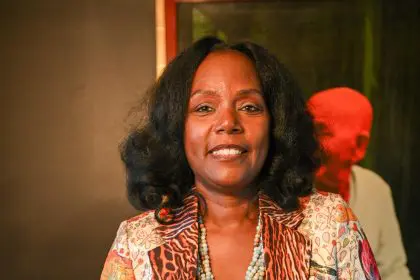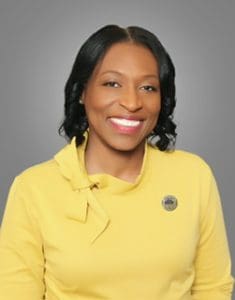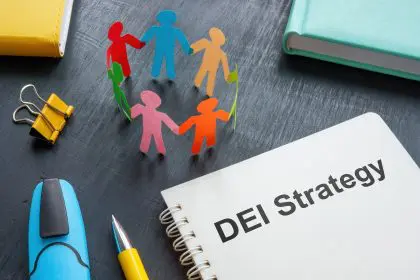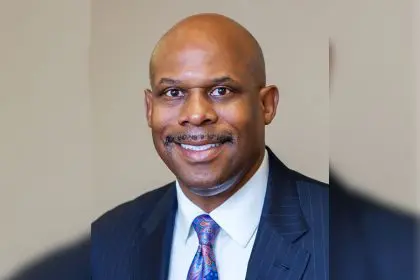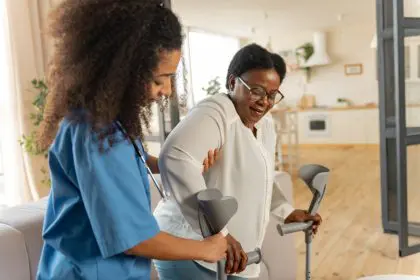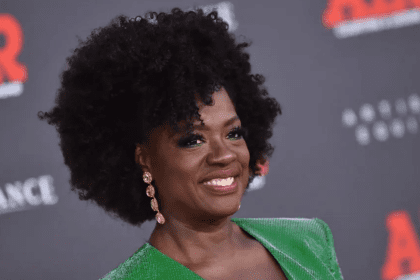
Beauty executive Antoinette Hamilton has had her fair share of careers. The Hampton University graduate’s foray into the professional world was at INROADS, a nonprofit organization that trained students and placed them in corporate internships. She opted for global experience and headed across the Pacific to Japan to teach. Fast-forward seven years and Hamilton lends her expertise and good will to a position that was carved out just for her, assistant vice president of diversity and inclusion for beauty giant L’Oréal USA. Here, Hamilton offers insight on networking and the importance of a mentor and volunteering. –yvette caslin
Tell us about L’Oréal’s diversity and inclusion.
We measure diversity across five specific areas: supplier diversity, training, representation, advertising spend and, to some extent, philanthropy.
Take us up your career path.
I started my career working for INROADS. Starting my career in not for profit was important because you really have hands-on experience in different [areas] of the business. Next, I moved to Japan and taught culture and communications in a Japanese high school. It was really interesting and important because working with teenagers is a great thing to do — you’re able to have an impact on [their] life. After leaving Japan, I came to L’Oréal’s office of Diversity and Inclusion. I started at the bottom, as a coordinator, and worked my way up. It was humbling to return to the U.S. and start my career in a junior [position]. My peers had been in the job market for five to seven years when I returned and they were at different points in their career. It makes me proud to work my way up at a company like L’Oréal.
What’s a key networking strategy?
It’s quite interesting. People have this more is more philosophy when it comes to networking. They will attend an event and pass their cards around to everyone in the room. A key strategy for networking is to identify two to three people that you want to connect with … you will be able to offer something to them and get something back from them in return. Try to connect with those individuals on a personal level so that you will be able to have a real contact versus a name in your Rolodex.
Why is it important to volunteer and to do community service?
I think community is important and humans have a natural inclination to connect and build communities. Therefore it becomes the responsibility of those who are able to give back to do so. I think it’s important to volunteer because it’s important for you to share your skills with others.
Why should a professional seek a mentor?
I think it’s important to have a mentor because you really need to have someone to bounce ideas off and someone who can give you critical feedback in specific areas.
What are your hobbies?
I love to ski. It’s what I do when I need to get away. When I am skiing, I am totally focused on getting down the hill. I am able to clear my mind and be in a peaceful place. I have actually been fortunate to ski on a couple of different continents. Here in the U.S., I love to ski in Vermont.
What’s the title of the last book you read?
For me, I like to read books that inspire and books that I learn from. I am reading Steve Jobs [by Walter Isaacson]; it’s important because he’s had a remarkable life and career and has been able to impact culture and community in ways that we haven’t fully realized. For inspiration, I am reading Japanese author Haruki Murakami’s latest book, 1Q84.

